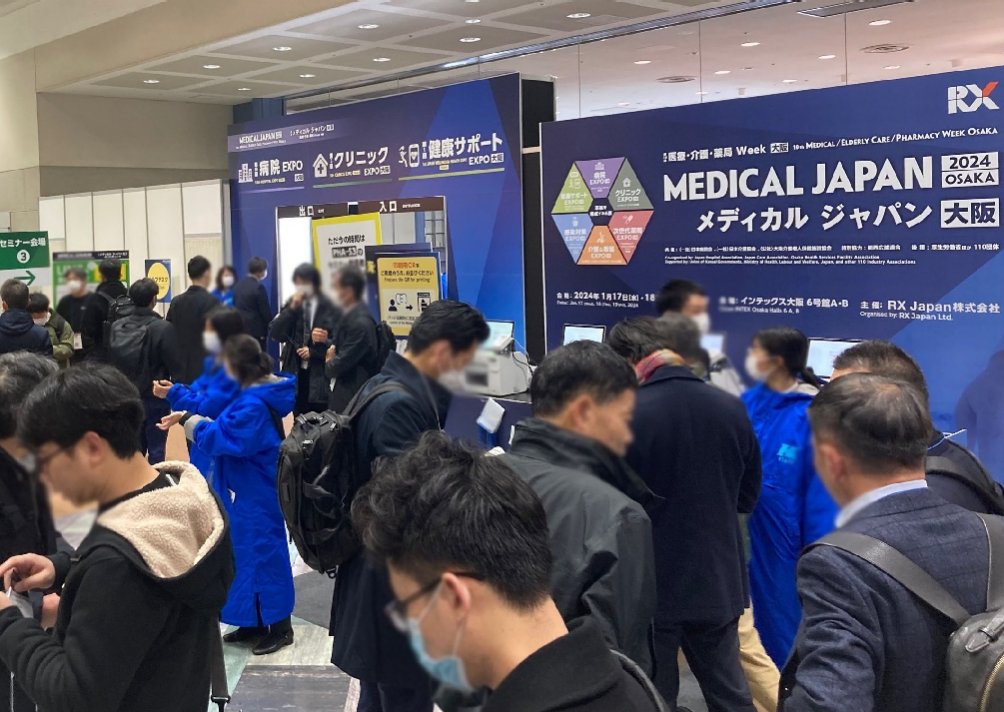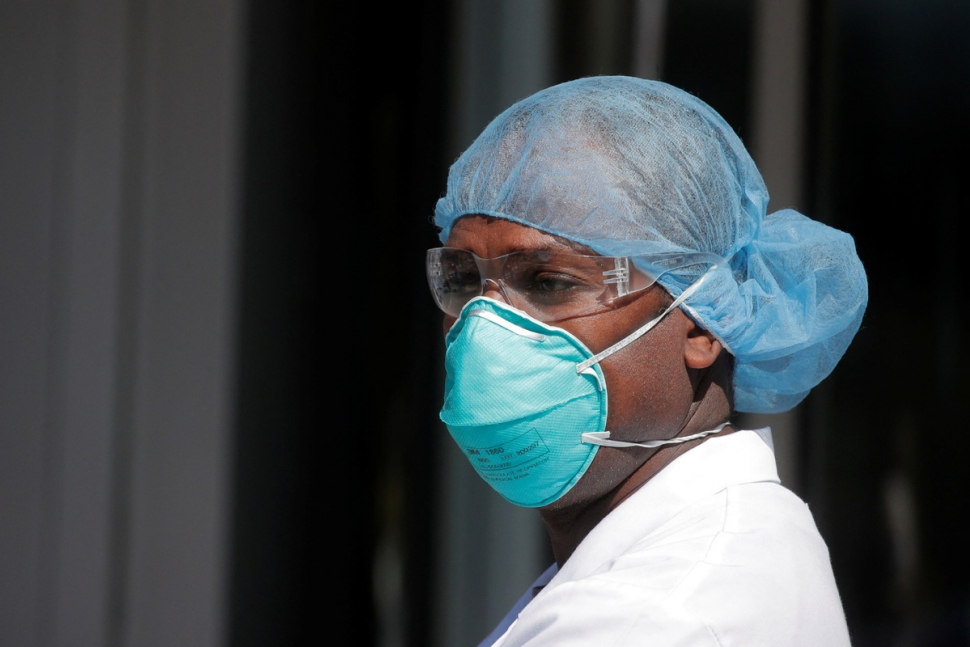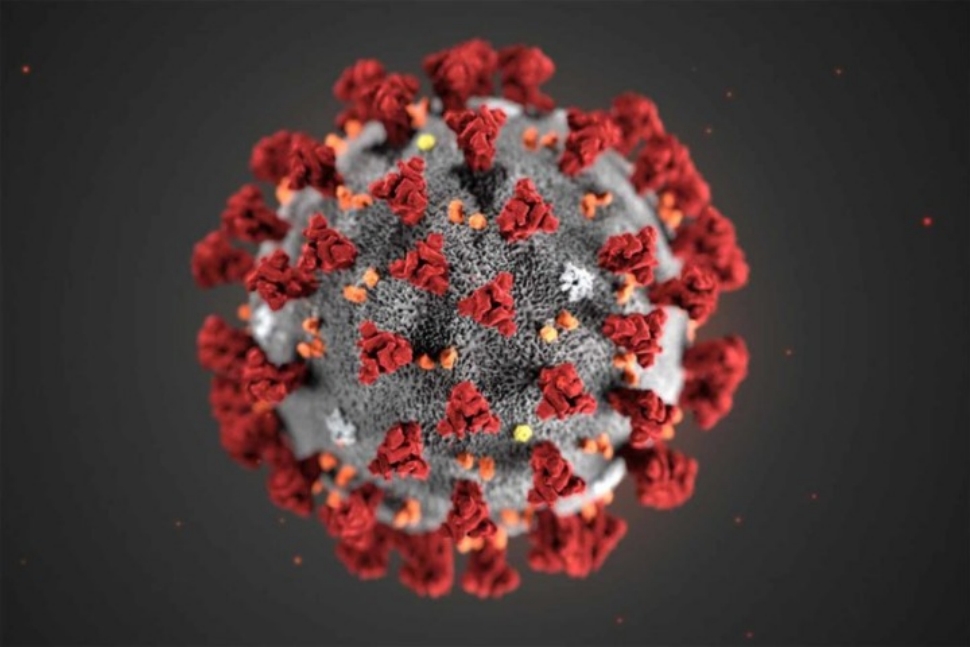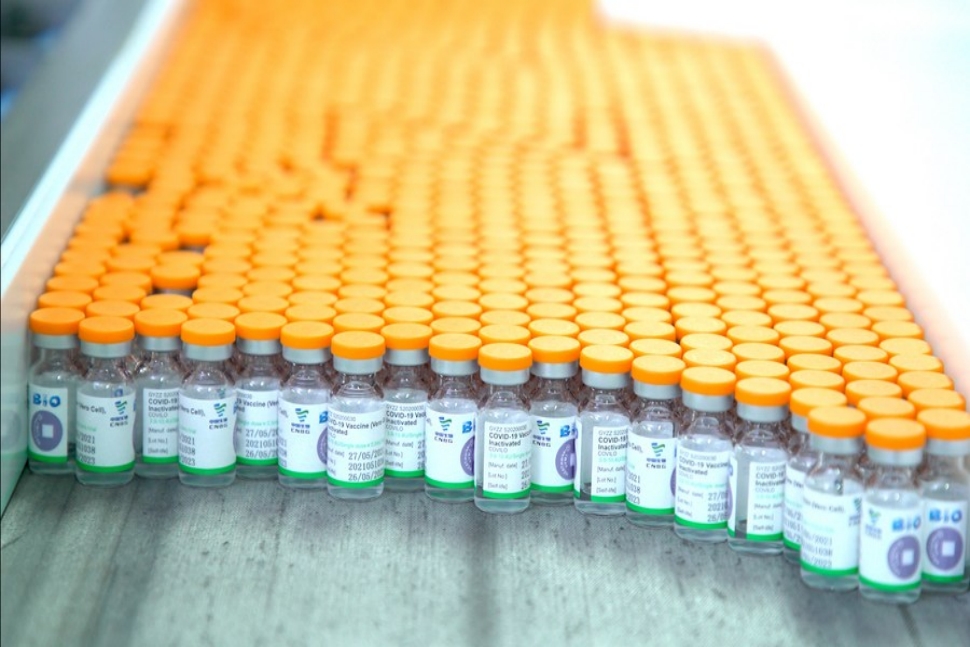trending topics
market reports
-

Registration Now Open: MEDICAL JAPAN 2026 OSAKA – Western Japan’s Largest Healthcare Trade Show
2026-02-10
-

MEDICAL JAPAN 2025 OSAKA Returns to Showcase Global Innovations
2025-02-17
-

Visit MEDICAL JAPAN 2023 TOKYO and take full advantage of the business opportunities!
2023-09-01
-

US to distribute 400 million free N95 masks at CVS, Walgreens in COVID fight
2022-01-21
-

Ethiopia receives additional 2.2 mln doses of Chinese-donated COVID-19 vaccines
2022-01-21
-

Hong Kong researchers say they develop novel material able to kill COVID-19 virus
2022-01-14
-

10 million more Chinese doses on way for Kenya
2022-01-14
-

Sino-African ties on track for a brighter future
2022-01-07
-

Efforts urged to boost COVID-19 vaccine production capacity in poor countries
2022-01-07
-

UAE approves Sinopharm's new protein-based COVID-19 vaccine
2022-01-07
Hong Kong-led study discovers simeprevir as potent treatment for COVID-19
2021-05-11
HONG KONG -- A Hong Kong-led global study showed that a hepatitis C virus drug simeprevir can strongly suppress the replication of SARS-CoV-2, the virus that causes COVID-19, according to a press release issued by the Chinese University of Hong Kong (CUHK) on Monday.
Since the beginning of 2020, researchers from the CUHK and the University of Hong Kong have collaborated with over 30 scientists from local and overseas laboratories to search for an effective drug molecule for the treatment of COVID-19.
Using a combination of biochemistry, cell biology and computational chemistry techniques, the team discovered simeprevir can simultaneously target two major viral proteins that are critical to viral replication. Simeprevir is by now the only antiviral drug that can target more than one SARS-CoV-2 protein.
Billy Wai Lung Ng, a professor from the CUHK's faculty of medicine, said that simeprevir is an antiviral agent used for the treatment of hepatitis C by inhibiting the activity of viral protease so as to suppress viral replication.
Michael Chi Wai Chan, an associate professor of the School of Public Health from the HKU's faculty of medicine, said the team also evaluated the antiviral effect of simeprevir together with remdesivir. The results showed that with 3.3 uM of remdesivir and simeprevir, the antiviral effect was increased over 100-fold when compared with remdesivir alone.
David Shu Cheong Hui, an respiratory medicine expert from the CUHK, said that recent research studies suggested that the existing vaccines and drugs may not be able to combat the emerging mutants of the virus effectively.
"Moreover, the recurring coronavirus epidemics in the last two decades suggest that the virus may become a persistent healthcare issue threatening global health. It is therefore essential to enlarge our therapeutic box in preparation for future coronavirus pandemics," Hui said.
The results of the study have been published in a leading international chemistry journal ACS Central Science.
(China Daily)



 My Member
My Member Message Center
Message Center











